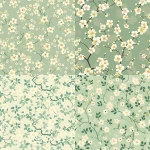Explore the Best AI Image Gallery
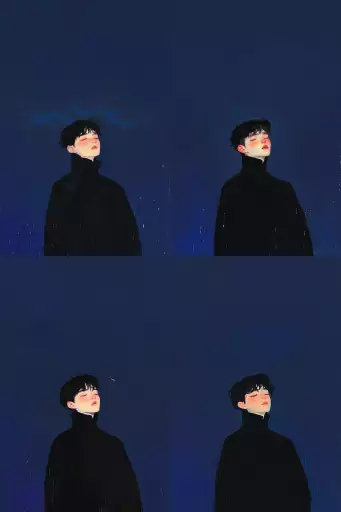
AI-Generated Media: A New Frontier in Creativity and Ethics
The realm of creativity is undergoing a profound transformation with the emergence of artificial intelligence (AI)-generated media. From text and images to music and video, AI algorithms are now capable of producing content that rivals, and sometimes even surpasses, human-created works. This groundbreaking technology presents both exciting opportunities and complex ethical challenges for the creative industry.
The Creative Canvas: Unleashing New Possibilities
AI-generated media opens up a vast canvas for artistic expression and innovation. Artists can leverage AI tools to:
- Generate novel concepts: AI algorithms can help overcome creative blocks by suggesting unique ideas and variations.
- Experiment with different styles: Artists can explore diverse artistic styles and techniques through AI-powered tools that mimic the aesthetics of famous masters or generate abstract designs.
- Streamline workflows: Repetitive tasks such as image editing, background removal, or music composition can be automated with AI, freeing up artists to focus on higher-level creative endeavors.
Applications Across Industries
The impact of AI-generated media extends far beyond the traditional art world. It is transforming industries such as:
- Marketing and Advertising: AI can create personalized marketing materials, generate engaging social media content, and design eye-catching advertisements.
- Film and Television: AI algorithms can assist in scriptwriting, character development, and even visual effects creation.
- Education: AI-generated content can personalize learning experiences, create interactive simulations, and provide engaging educational materials.
- Gaming: AI can generate realistic game environments, non-player characters (NPCs), and dynamic storylines.
Ethical Considerations: Navigating Uncharted Territory
The rise of AI-generated media raises a number of ethical concerns that require careful consideration:
- Copyright and Ownership: Who owns the copyright to AI-generated content? The creator of the algorithm, the user who provides input, or the AI itself?
- Bias and Discrimination: AI algorithms can inherit and perpetuate biases present in the data they are trained on, leading to potentially discriminatory outputs.
- Misinformation and Deepfakes: The ability to generate highly realistic synthetic media raises concerns about the spread of misinformation and the creation of convincing deepfakes.
- Job displacement: Automation of creative tasks through AI could lead to job losses in certain sectors.
Future Trends: Shaping the Landscape of Creativity
The field of AI-generated media is rapidly evolving, with ongoing advancements shaping the future of creativity:
- Increased Accessibility: User-friendly AI tools will empower more individuals to engage in creative expression.
- Personalized Experiences: AI will enable the creation of customized content tailored to individual preferences and needs. \n
- Collaboration between Humans and AI: Creative workflows will increasingly involve a synergistic partnership between human artists and AI systems.
- Emergence of New Art Forms: AI will undoubtedly give rise to entirely new art forms and expressions that push the boundaries of imagination.
As AI-generated media continues to evolve, it is crucial to foster open dialogue, establish ethical guidelines, and promote responsible development and use of this transformative technology. By embracing its potential while addressing its challenges, we can harness the power of AI to unlock new frontiers in creativity and innovation.
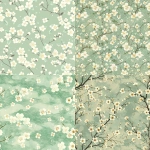
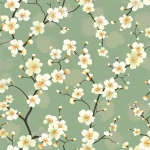




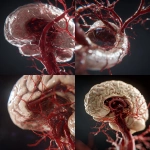
](https://images.ai-img.art/thumbnails/150/476665d1452e44d38d5b4fbf5fab4389a6131d55b7bfe8a41d7f65f66b5a9310.webp)


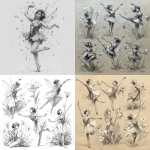

](https://images.ai-img.art/thumbnails/150/cf8299cc184c859eff89d17514689e19c7994ad29256a58ad77fa0f7218e2cff.webp)
](https://images.ai-img.art/thumbnails/150/78b567a3483191dd52f3d16038b5a926e03e4066d5b301cfff023fb91a962e67.webp)


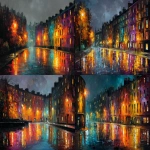
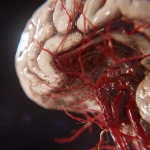

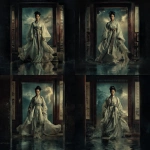
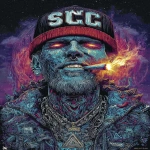
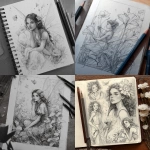


](https://images.ai-img.art/thumbnails/150/915b5e50ce61f6219cb8f764d89e2efcb8ad3a9ebd09e0670ae7dc0e2c99a8bd.webp)



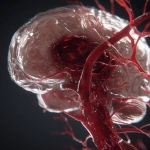




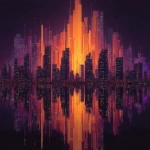
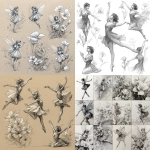


](https://images.ai-img.art/thumbnails/150/da89993919887fcf2c84af5ec12f2ac997ad0f67c8bf00fecd67ba06a1b3dc49.webp)
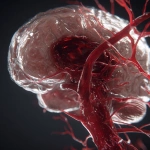
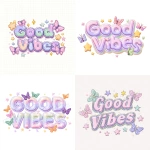


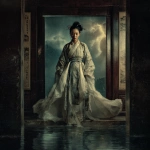


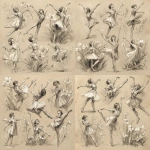
](https://images.ai-img.art/thumbnails/150/aed4d771a0a5b63bed28f6e7183dd4614c5e3e3586d300c8d879ccbb37dbfb4e.webp)
